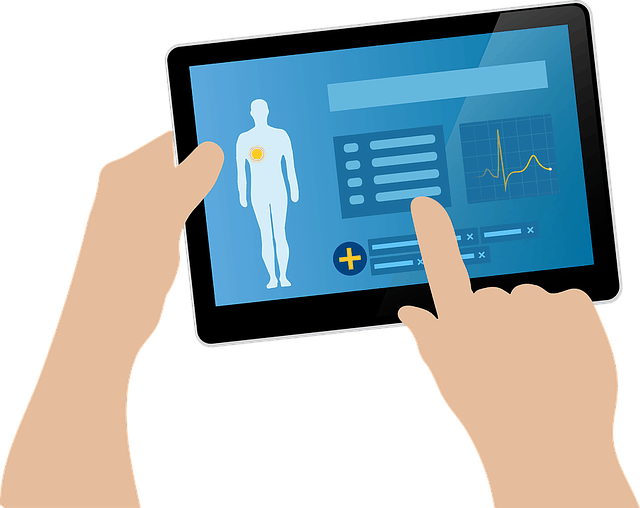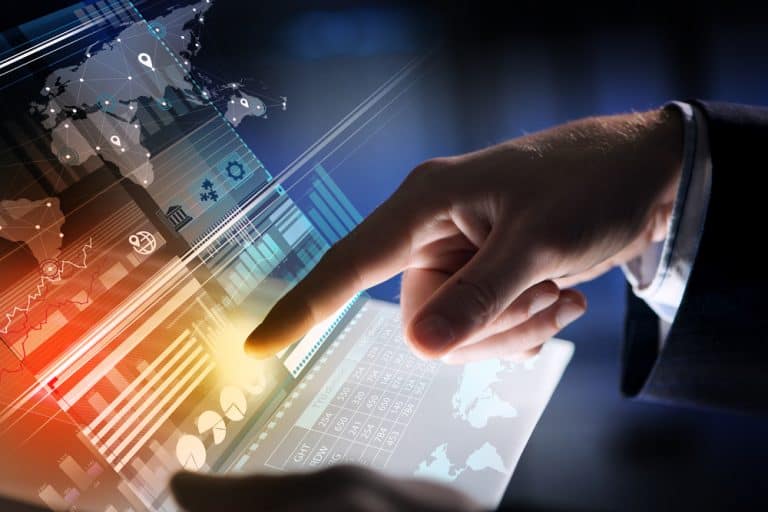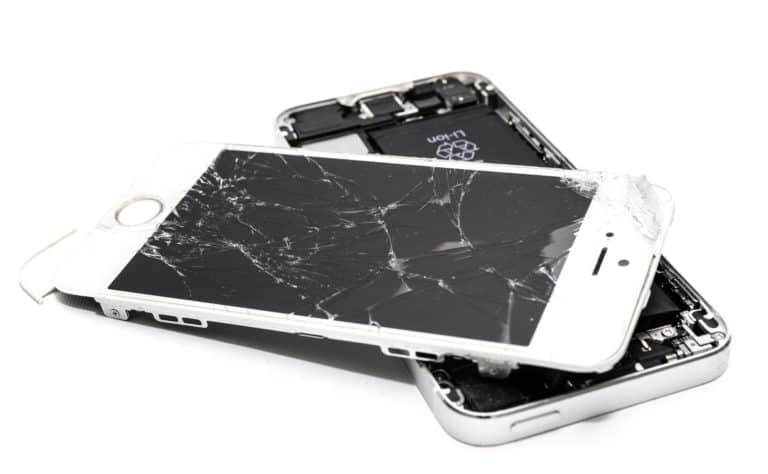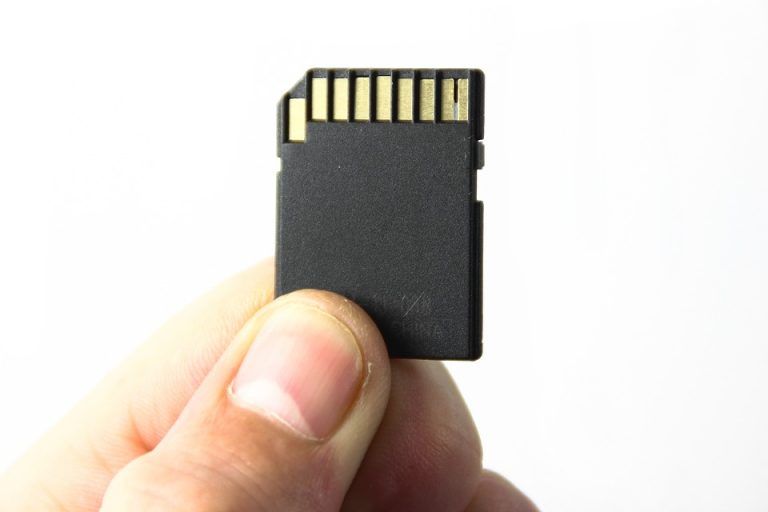Medical Apps – Moving Towards the Future.

The digital age is definitely right here with more and more people being attached to their smartphones and other devices and gadgets. This development has brought about the advent of many applications or apps, especially in the healthcare field. These mobile healthcare apps (or sometimes called mHealth apps) range from appointment reminders for clients to database apps and general information apps.
With laptops and smartphones now being the norm, we couldn’t help but wonder what the future has in store for medical apps. According to a 2019 Digital Health Consumer Survey commissioned by Accenture, medical apps are here to stay and here are some reasons why:
- 77% of consumers would choose a provider that offers e-prescriptions
- 68% would book appointments online
- 70% would like to receive reminders when it’s time for follow-up or preventive care
With patients and doctors taking advantage of technology, here is what the future of medical app development looks:
A more active role
Mobile medical apps have indeed changed our views on how to monitor medical conditions, nutrition, fitness level and more in a manner that is quick and efficient. In addition to monitoring heart health and counting calories, these apps can help set appointments and even check medical records. As medicine continues to fully embrace technology, we can expect that medical apps can take on a more active role, not just for patients, but also in helping manage the medical responsibilities of attending physicians.
While most apps found online are focused mainly on the consumer or patient, the development of doctor-oriented apps is also on the rise. These mobile applications can help doctors monitor several aspects of their patients’ health and even allows them to conduct consultations online and provide a proper course of treatment. A relatively new trend are apps that allow physicians to monitor a patient’s health remotely as they are able to monitor vital signs and symptoms.
On the other hand, apps like these such as electronic health records (EHR), electronic medical records (EMR), and personal health record (PHR) apps empower patients – they help patients closely monitor their health status – be it counting calories to pill and medication trackers, such medical apps give patients control of their health. These apps encourage people to take on a healthier lifestyle, which in the long run, can help them put money back into their pockets.
Less “hospital”, more “hotel/retail” feel
A good number of consumer medical apps now focus on improving the whole patient experience.
There are apps that aside from helping you set up doctor’s appointments, they can also link you up with specialists and specialty clinics and even provide important information such as services and amenities offered. These apps also integrate a payment gateway, so you don’t have to worry about that anymore.
Other similar apps are a great help not just for patients but for their loved ones too.
These apps provide general information not just on the treatment procedure but also gives a background on the hospital or clinic’s location, its neighborhood, and surrounding establishments.
Some have even partnered up with hotels so it will be easier for a patient’s family or visitors (especially those who are nor from the area) to familiarize themselves and be comfortable while their loved one undergoes treatment.
Available always
There are more than tens of thousands of medical apps online ready for download while the more popular apps generate about 5 million free and over 300 thousand in paid downloads. We can expect that there would be more apps developed everyday as more providers find ways to innovate healthcare delivery and help physicians improve their workflow and processes.
More personal
As data gathering or data input will now be more common, we can also expect medical apps to become more personalized, customized to fit us, as users, that can further shape our health, well-being, and the way we approach wellness, medicine, and how we interact with our medical professionals.
The revolution in healthcare never stops, and with the entry of big data, virtual reality (VR), and even artificial intelligence (AI), we can only imagine how medical apps will look in the next years to come and what milestones these apps can help us achieve.




